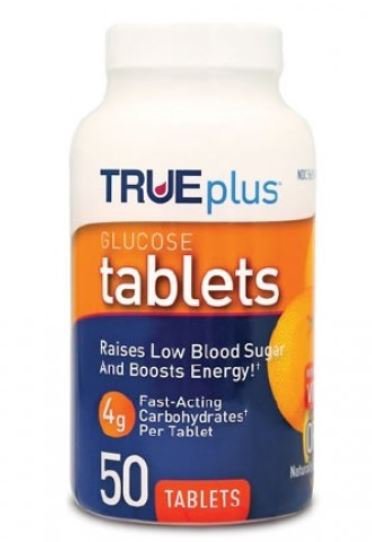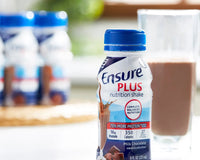Table of Contents
Are you aware of what hypoglycemia is? Hypoglycemia, also known as low blood sugar, occurs when the level of glucose in a person's blood drops below what is considered a healthy range. While this can be a problem for anyone, it is especially common and serious for people with diabetes.
Diabetes affects how the body produces and uses insulin, a hormone that helps the body process and uses glucose (sugar) from food. People with diabetes may produce too much or too little insulin, and this can lead to blood sugar levels that are too high (hyperglycemia) or too low (hypoglycemia). Hypoglycemia is particularly common in people who take insulin or certain diabetes medications to control their blood sugar levels.
That said, let's delve a little deeper into hypoglycemia, talking about the dangers of such a condition and what you can do to control it, specifically with glucose tablets:
What Are the Dangers of Hypoglycemia?
The first and most serious danger of hypoglycemia is that it can cause severe health problems if left untreated. Low blood sugar can lead to confusion, seizures, and even coma. If you experience any of these symptoms, it's important to seek medical attention immediately. Additionally, long-term hypoglycemia can lead to organ damage and can even be fatal.
Another danger of hypoglycemia is that it can make it difficult to concentrate and think clearly. This can be dangerous if you are driving or performing another activity that requires your full attention. Additionally, hypoglycemia can cause sudden mood changes, making it difficult to interact with others.
Finally, hypoglycemia can lead to feelings of weakness and fatigue, which can make it difficult to perform daily activities. This can be especially dangerous if you are involved in any type of physical activity, such as sports or exercise.
Can Glucose Tablets Help with Hypoglycemia?
Glucose tablets are small, chewable tablets that contain a concentrated form of glucose or sugar. The tablets are typically sold in small packs that contain either four or five tablets. When taken, the tablets quickly raise the body's glucose levels, restoring balance. Because they are easy to carry and chew, glucose tablets are a great choice for people who want to treat hypoglycemia quickly.
When using glucose tablets to treat hypoglycemia, it is important to follow the instructions on the package. Generally, it is recommended that the person take one to two tablets every 15 minutes until symptoms subside. It is also important to monitor the person's blood sugar levels after taking the tablets to ensure that it is within a normal range.
In addition to glucose tablets, there are other treatments available for hypoglycemia. These treatments include eating high-sugar foods, such as candy or juice, or taking glucose gel or powder. However, glucose tablets are often the preferred choice due to their convenience, portability, and fast-acting nature.
Conclusion
Overall, glucose tablets can be an effective treatment for hypoglycemia. However, it is important to follow the instructions on the package and monitor the person's blood sugar levels to ensure that it is within a safe range. And, of course, before you do any of these things, it is important to consult with your doctor. Depending on the severity of hypoglycemia, glucose may or may not be effective. As such, consulting with a professional can help you understand what can be done to help you keep your blood sugar levels in check!
Cart Health is a health platform built to help individuals find custom-tailored products at affordable prices. If you are looking for medical supplies online, such as glucose gummies, check out what we offer.









